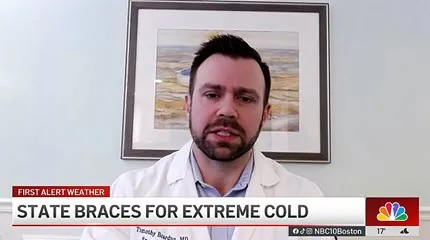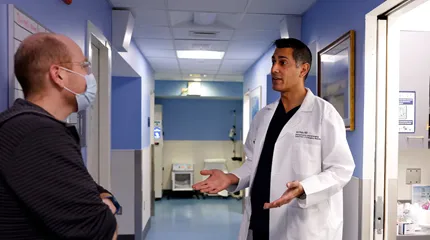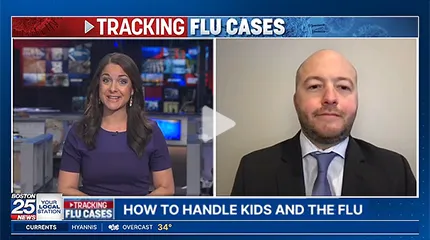
Mass. Getting Ready for Dangerous Cold, Major Snowstorm
A dramatic drop in temperatures has begun, with frigid weather continuing through Saturday before a foot of snow or more falls on much of New England Sunday.
Mass. Getting Ready for Dangerous Cold, Major Snowstorm




